Estate planning for blended families in Texas necessitates a nuanced approach to ensure all family members are adequately accounted for and protected. With unique dynamics and legal considerations at play, it’s crucial to navigate through the complexities of Texas law to safeguard familial assets and relationships effectively.
Introducing the Fun Side of Estate Planning for Blended Families in Texas
Ever wondered how to blend family recipes with Texas law? We’ve got the perfect recipe for you! Imagine a family dinner where Grandma’s secret chili recipe meets legal jargon – that’s estate planning for blended families in Texas.
Short Answer
Get ready for a spicy journey through the ins and outs of estate planning for blended families in Texas!
Navigating the legal landscape of estate planning can feel like venturing into uncharted territory, especially when blending families. But fear not! In this blog, we’ll sprinkle some Texas charm and legal know-how to ensure your family’s recipe for success in estate planning.
So, grab your cowboy boots and join us
In Texas, estate planning intersects with specific legal frameworks, including community property rules and probate procedures. These regulations pose distinct challenges and opportunities for blended families, demanding a comprehensive understanding of their implications. Community property laws, which dictate the division of assets acquired during marriage, can significantly impact estate planning outcomes. Similarly, probate procedures in Texas can be complex, highlighting the importance of proactive estate planning strategies to streamline the distribution of assets and minimize administrative burdens for blended families.
Challenges Faced by Blended Families in Estate Planning
Blended families encounter various hurdles in estate planning, such as ensuring equitable treatment for biological and stepchildren. Managing conflicts arising from prior marital agreements adds another layer of complexity, emphasizing the need for strategic solutions. Addressing the needs of both biological and stepchildren in estate planning requires careful consideration of each individual’s interests and relationships within the family. Moreover, navigating potential conflicts stemming from previous marriages or relationships demands open communication and proactive resolution strategies to preserve familial harmony.

Essential Estate Planning Documents
Wills, trusts, powers of attorney, and healthcare directives form the cornerstone of estate planning for blended families in Texas. Tailoring these documents to address the intricacies of familial relationships and asset distribution is paramount for ensuring clarity and compliance. Wills serve as foundational documents that outline the distribution of assets and appointment of guardians for minor children, providing a roadmap for estate administration. Trusts, including revocable living trusts and QTIP trusts, offer additional flexibility and privacy in asset management and distribution, particularly for blended families with complex financial portfolios.
| Document | Purpose |
| Wills | Outlines asset distribution and appoints guardians for minor children, providing a roadmap for estate administration. |
| Trusts | Offer flexibility in asset management and distribution, ensuring privacy and safeguarding inheritances. |
| Powers of Attorney | Authorize individuals to make legal and financial decisions on one’s behalf in the event of incapacity. |
| Healthcare Directives | Specify medical treatment preferences and appoint healthcare agents to make decisions in case of incapacity. |
Trusts as a Tool for Blended Families
Different types of trusts offer versatile solutions to secure assets and provide for surviving spouses and children in blended families. Leveraging trusts strategically can mitigate potential disputes and safeguard inheritances. For example, a revocable living trust allows for the seamless transfer of assets outside of probate, offering privacy and flexibility in estate administration. QTIP trusts, on the other hand, enable spouses to provide for each other while ensuring that assets ultimately pass to children from previous relationships. By establishing trusts tailored to their specific needs, blended families can protect their assets and legacy for future generations.
Guardianship Considerations
Selecting guardians for minor children presents unique challenges in blended families. Clear legal documentation and proactive decision-making are essential to navigate the complexities and ensure the well-being of children in unforeseen circumstances. In addition to appointing guardians in wills, blended families may also consider establishing standby guardianship arrangements or creating guardianship letters to clarify their wishes in the event of incapacity or death. By addressing guardianship considerations proactively, blended families can provide for the care and upbringing of their children according to their preferences and values.

Tax Implications for Blended Families
Navigating federal and Texas state tax laws is critical in estate planning to minimize tax liabilities and optimize wealth transfer to heirs. Understanding tax implications enables blended families to devise effective strategies for asset preservation and distribution. Estate tax considerations, including federal estate tax exemptions and portability provisions, can significantly impact the distribution of assets and the financial well-being of surviving family members. Moreover, income tax planning strategies, such as maximizing step-up in basis provisions and utilizing tax-efficient gifting strategies, can further enhance the overall tax efficiency of estate plans for blended families.
Prenuptial and Postnuptial Agreements
Prenuptial and postnuptial agreements serve as valuable tools in clarifying asset distribution and protecting individual interests in blended families. By addressing financial matters upfront, these agreements promote transparency and mitigate potential conflicts. Prenuptial and postnuptial agreements allow couples to define their respective rights and obligations concerning assets acquired before and during marriage, providing certainty and predictability in the event of divorce or death. Moreover, these agreements can address specific concerns related to estate planning, such as the treatment of separate property and the preservation of assets for children from previous relationships.
Addressing Potential Conflicts
Proactively addressing conflicts among family members through mediation and open communication fosters mutual understanding and consensus. Establishing clear guidelines and expectations minimizes ambiguity and promotes harmony within the family unit. In the context of estate planning for blended families, conflicts may arise due to competing interests or misunderstandings regarding asset distribution and inheritance rights. By facilitating open dialogue and engaging in conflict resolution techniques, families can prevent disputes from escalating and reach mutually acceptable solutions that preserve familial relationships and estate planning objectives.
Case Studies and Examples
Real-life scenarios illustrate the importance of tailored estate planning solutions for blended families in Texas. By examining successful strategies and outcomes, families gain insights into addressing their unique challenges and objectives effectively. For instance, a case study may highlight how a blended family utilized trusts to protect assets for children from previous relationships while providing for the needs of a surviving spouse. Similarly, examples of effective guardianship arrangements and tax planning strategies can demonstrate practical approaches to estate planning that address the specific needs and circumstances of blended families.
Reviewing and Updating Estate Plans
Regularly reviewing and updating estate planning documents ensures alignment with evolving family dynamics and legal requirements. Staying proactive preserves the integrity of the estate plan and provides peace of mind for all family members. As circumstances change, such as births, deaths, marriages, or divorces, it’s essential to revisit estate planning documents to ensure they accurately reflect the family’s intentions and preferences. Moreover, changes in tax laws or significant life events may necessitate revisions to estate plans to optimize their effectiveness and compliance with current regulations.

Resources and Professional Guidance
Seeking guidance from legal and financial advisors specializing in estate planning for blended families in Texas is invaluable. Accessing relevant resources and expertise empowers families to make informed decisions and navigate the intricacies of estate planning effectively. Experienced professionals can provide personalized guidance tailored to the unique needs and objectives of blended families, offering comprehensive solutions that address legal, financial, and emotional considerations. By leveraging professional expertise and resources, families can achieve peace of mind knowing their estate plans are well-crafted and aligned with their long-term goals and values.
Wrapping Up: Your Ticket to Estate Planning Success in the Lone Star State
In the wild west of estate planning, you’ve saddled up and conquered the Texas terrain with finesse. But before you ride off into the sunset, let’s recap our adventures!
Short Answer
Yeehaw! Saddle up for estate planning success in Texas!
From unraveling the mysteries of Texas estate law to wrangling potential conflicts with ease, you’ve journeyed through the heart of estate planning for blended families like a true Texan. Along the way, we’ve shared stories of triumph and strategies for success, proving that with a little cowboy spirit and legal savvy, anything is possible.
So, tip your hat to a job well done
And remember, the trail may twist and turn, but armed with knowledge and determination, you’re ready to face whatever challenges lie ahead. Until next time, happy trails, partner!

Other Related Articles:
- Estate Planning for Blended Families in Texas: What You Need to Know
- Mastering Estate Planning in Texas for Non-U.S. Citizens
- Real Estate Evaluation in Texas Estate Planning
- Essential Estate Planning in Texas
- Mastering Your Legacy: A Guide to Estate Planning in Texas
- Harmonizing Family and Finances: Blended Family Estate Planning in Texas
- Estate planning for a non-citizen spouse
- Do I Need an Estate Planning Attorney, Specifically, or Can I Work with a Generalist, Like a Business Lawyer?
- The Importance of Updating Your Estate Plan in Texas: When and Why You Should Do It
- How To Choose the Right Executor For Your Texas Estate
Frequently Asked Questions:
Stepchildren do not have automatic inheritance rights in Texas unless specified in a will or trust.
In Texas, a spouse may inherit community property, but separate property may be distributed differently.
Heirs in Texas typically include surviving spouses, children, and other close relatives if no will is present.
Separating a blended family may involve legal processes such as divorce, creating estate plans, and addressing custody arrangements.








